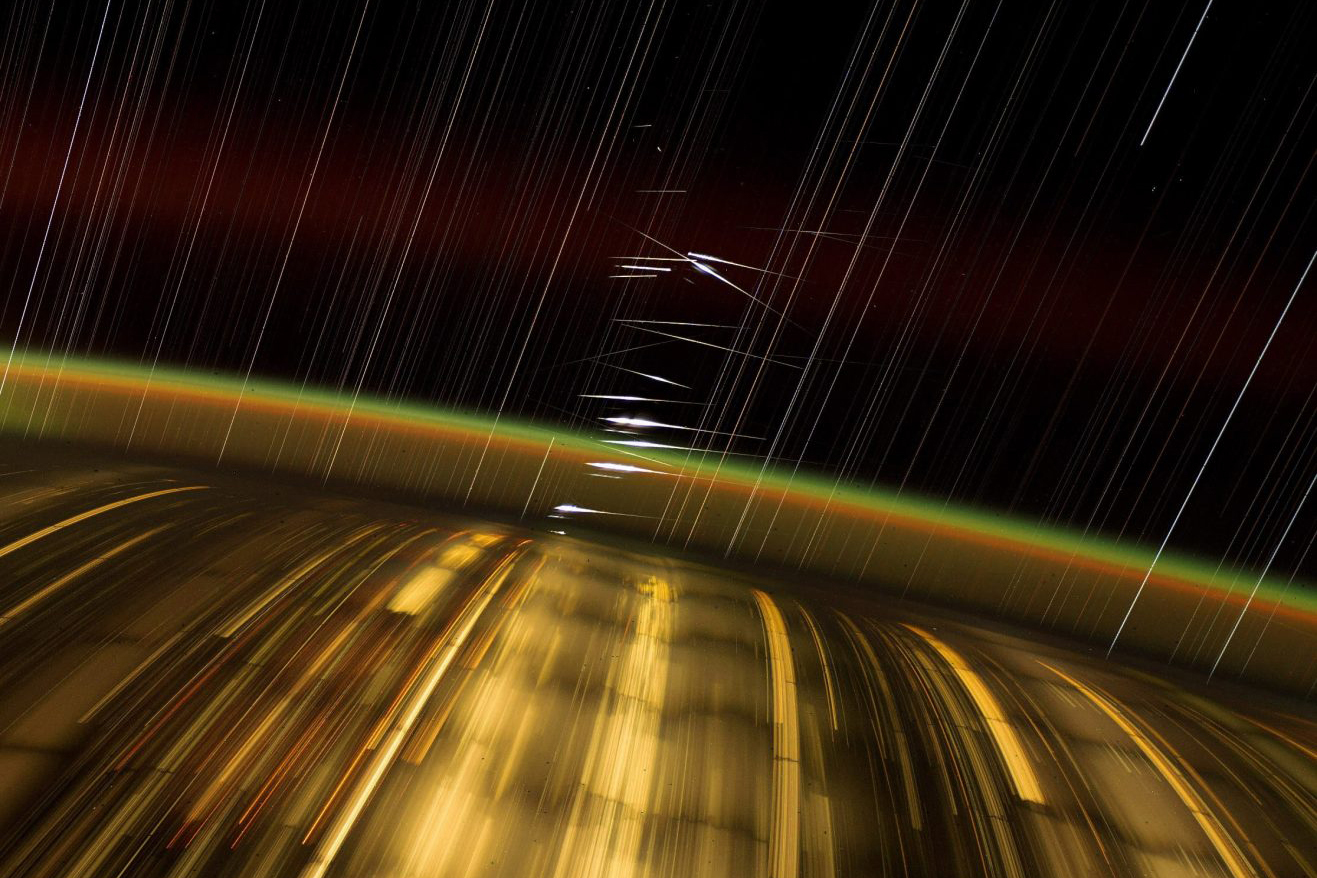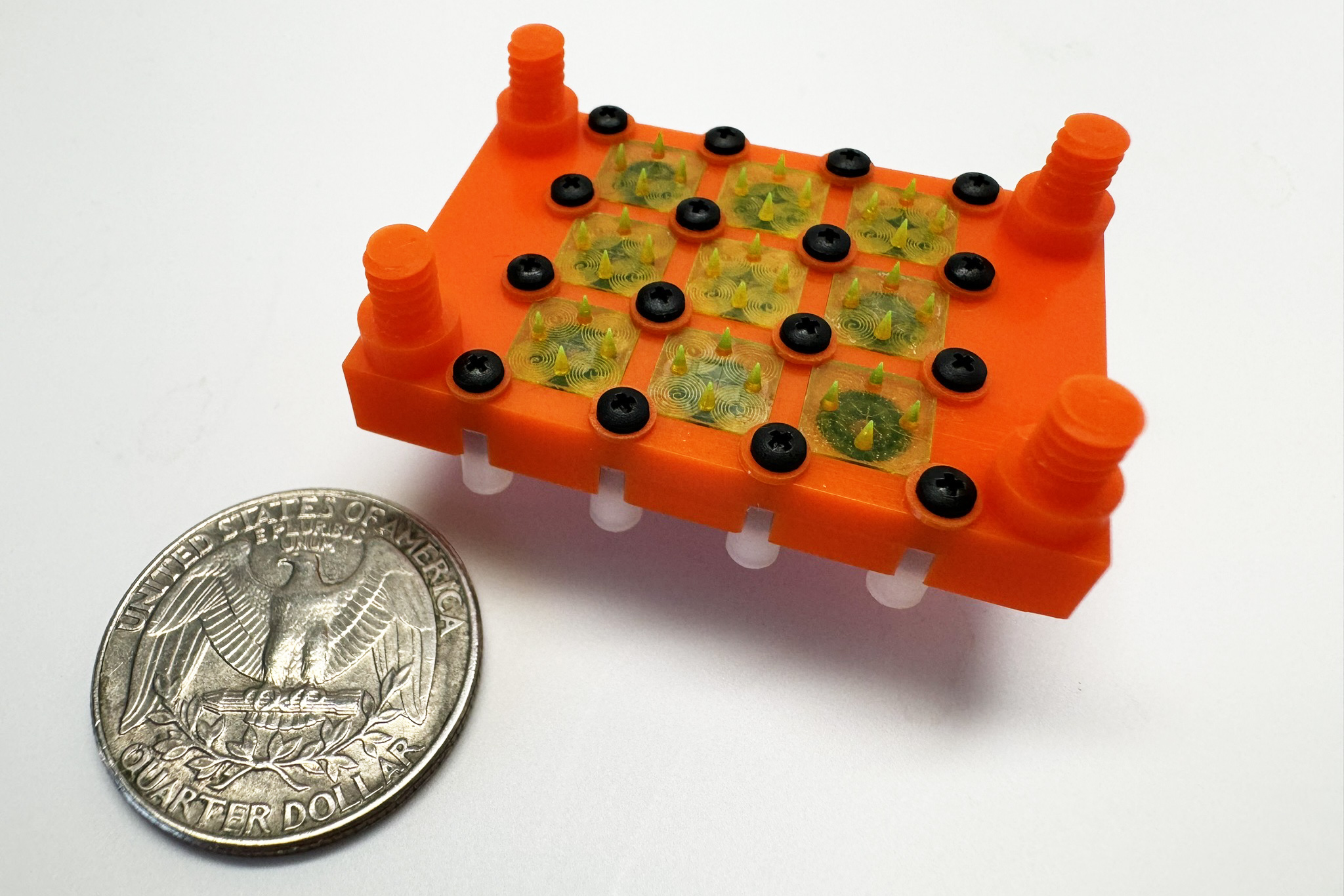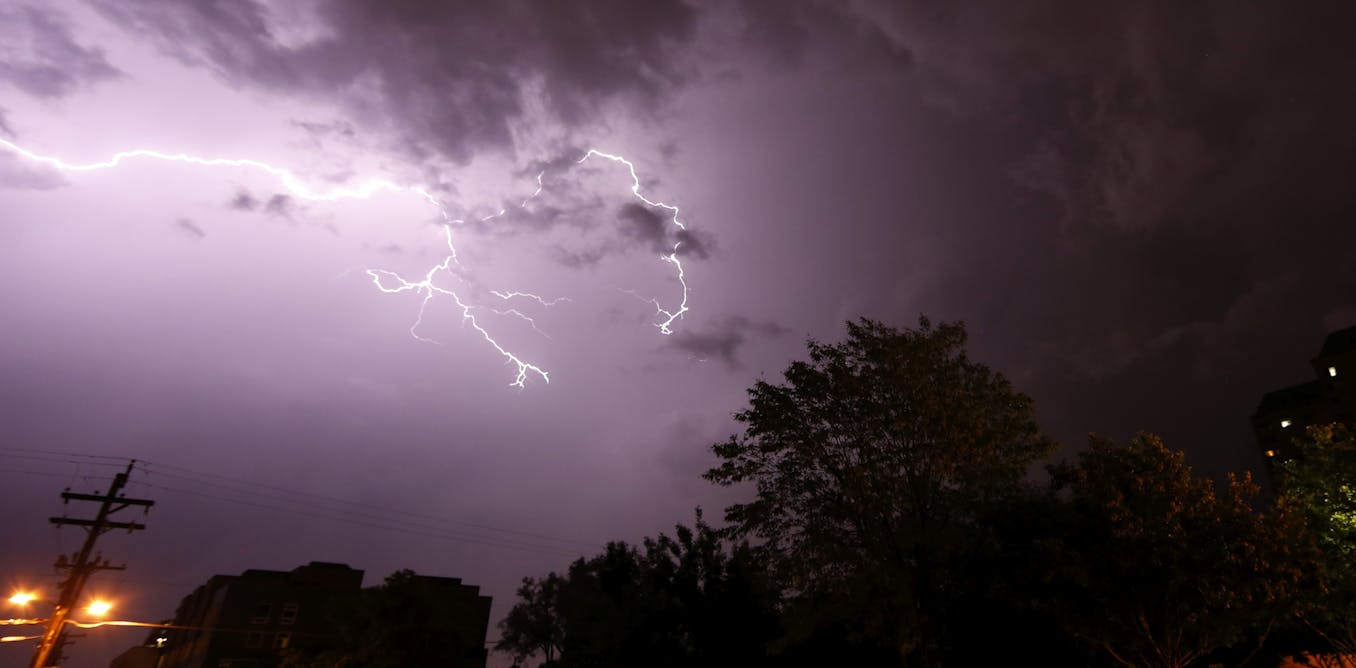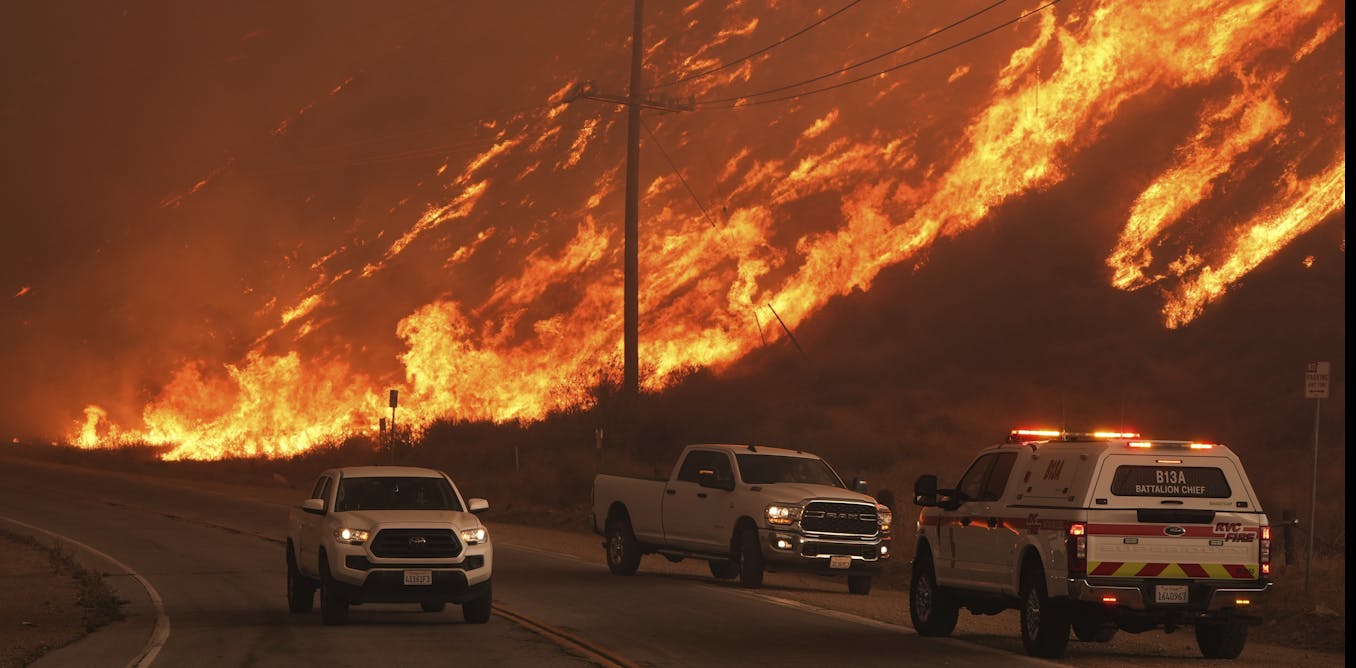Lightning strikes link weather on Earth and weather in space
Lightning can be used to probe Earth’s dynamic Van Allen radiation belts, directly connecting terrestrial weather and space weather.
Lauren Blum, Assistant Professor of Atmospheric and Space Physics, University of Colorado Boulder •
conversation
Feb. 5, 2025 • ~8 min
Feb. 5, 2025 • ~8 min
How satellites have become Earth’s new health and nature watchdogs
Satellite-derived Earth observation data helps researchers unlock new insights into monitoring both environmental and human health.
Dhritiraj Sengupta, Earth Observation Scientist, Plymouth Marine Laboratory •
conversation
Jan. 31, 2025 • ~8 min
Jan. 31, 2025 • ~8 min
How satellites and AI help fight wildfires today
Fire spotters used to watch with binoculars from forest towers. Now, technology can help forecast fire behavior, but human experience is still essential.
John W. Daily, Research Professor in Thermo Fluid Sciences, University of Colorado Boulder •
conversation
Jan. 30, 2025 • ~6 min
Jan. 30, 2025 • ~6 min
Data centres in space: they’re a brilliant idea, but a herculean challenge
This year should see the first working prototype of a data centre designed for space.
Domenico Vicinanza, Associate Professor of Intelligent Systems and Data Science, Anglia Ruskin University •
conversation
Jan. 3, 2025 • ~7 min
Jan. 3, 2025 • ~7 min
/
22










